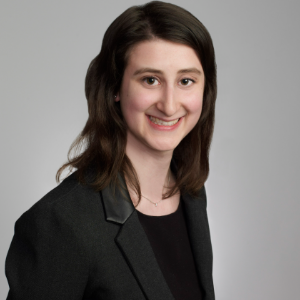In an important medical malpractice trial in 2022, a Judge of the Ontario Superior Court has found two doctors liable for the amputation of the plaintiff’s leg after complications from a fall. In deciding for the plaintiffs, Madam Justice Vermette largely rejected the testimony of two experts who testified for the defendant doctors. Successful plaintiffs’ counsel were lawyers Ryan Breedon of Breedon Litigation, and David Lackman and Jessica Golosky of Gluckstein Lawyers.
Regarding the evidence of defence emergency medicine expert Dr. B, the trial judge found that his testimony amounted to splitting hairs, he gave inconsistent answers, and the judge was astonished by his testimony. Notably, the trial judge adopted the argument made by plaintiffs’ counsel that Dr. B refused “to make obvious concessions” and had “taken on the role of advocate”.
The defence Orthopaedic expert was Dr. P. The trial judge found his “performance as an expert witness deplorable”. Dr. P’s evidence was contradicted by some of the very literature he quoted in his own written reports. His testimony was non-responsive to simple questions, he refused to admit obvious statements and gave answers that made no sense in light of the opinions he provided in his own reports.
This important case, Fortune-Ozoike v. Wal-Mart Canada Corp., 2023 ONSC 421, should be seen as a cautionary tale for medical experts who fail to understand and respect their role in the fair administration of justice. Further, lawyers acting for parties on both sides of medical malpractice cases need to be reminded of the proper role that experts play in the trial process.
In medical malpractice cases, as in all cases, experts hired for the purposes of litigation occupy a special place. These litigation experts have no personal knowledge of the matters at issue between the parties. Ordinarily, without personal knowledge, a witness is simply not permitted to testify. An exception, however, is made when the case involves technical or scientific issues beyond the ordinary understanding of the trier of fact (judge or jury). In these complex cases, the trier of fact may need some “help” to sufficiently understand the complicated issues in order to render a fair verdict. Therefore, experts are allowed to testify and offer opinion evidence, where it would otherwise be excluded, provided they do so in a way that helps the trier of fact.
This helping function means that experts hired for litigation must honour their obligation to help. That is, they must offer testimony that conforms with their duty to assist the Court. Where the expert’s evidence aims to favour the economic interests of one party rather than reliably inform the trier of fact on technical matters, it cannot be said that the testimony conforms with the duty to help. It follows that the testimony they give must be impartial and objective, not favouring the economic interests of one party or the other. Both Dr. B and Dr. P, according to the trial judge in Fortune-Ozoike, failed to fulfil their respective duties to the court to help the judge as the trier of fact. As a result, the trial judge rejected their testimony on key points.
To read the full blog click here: Medical Experts and Their Duty to the Court
















